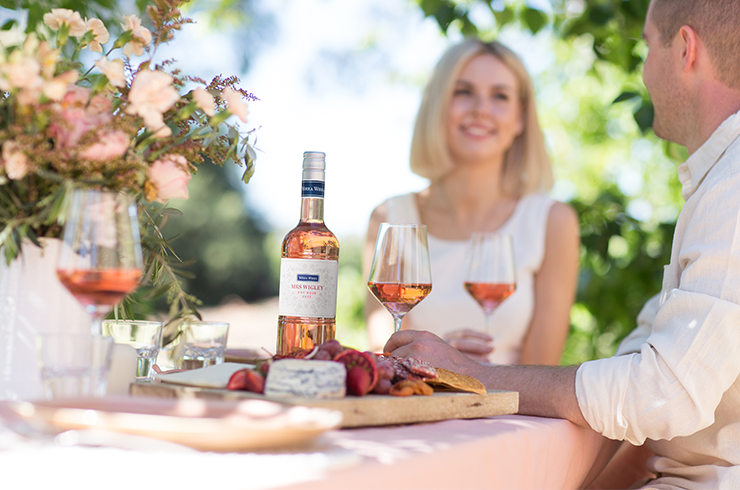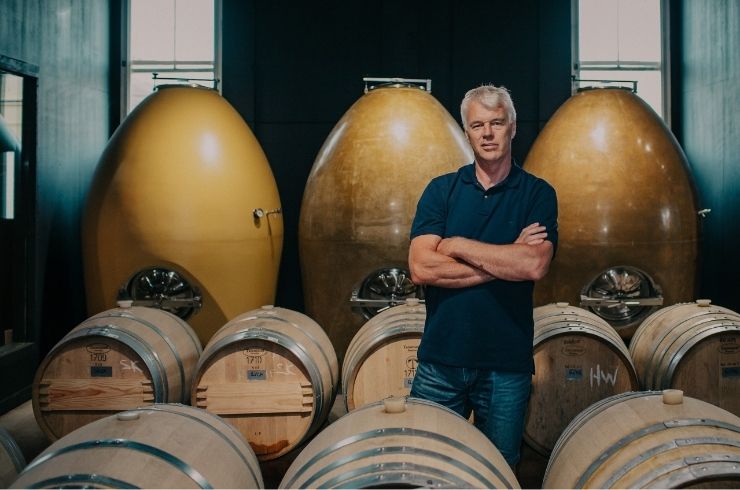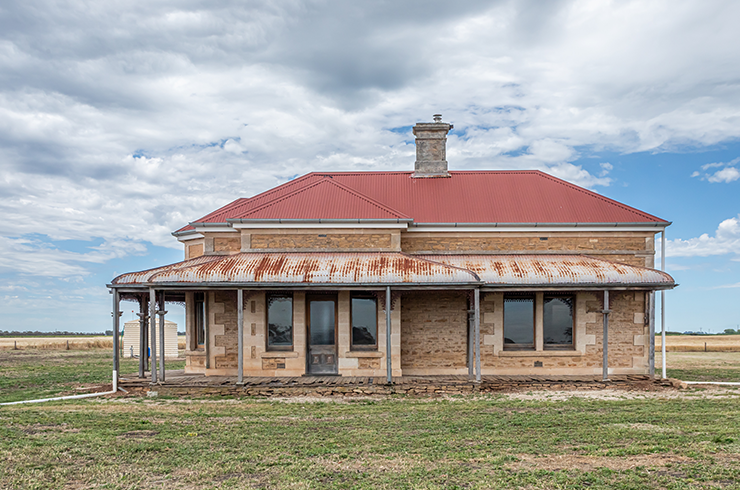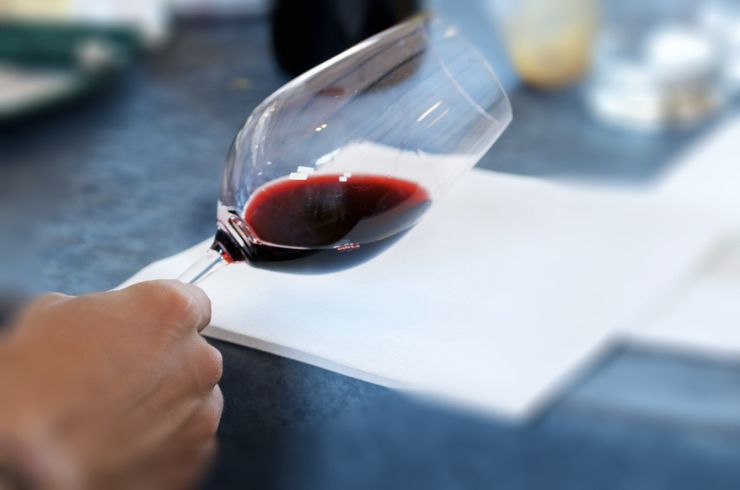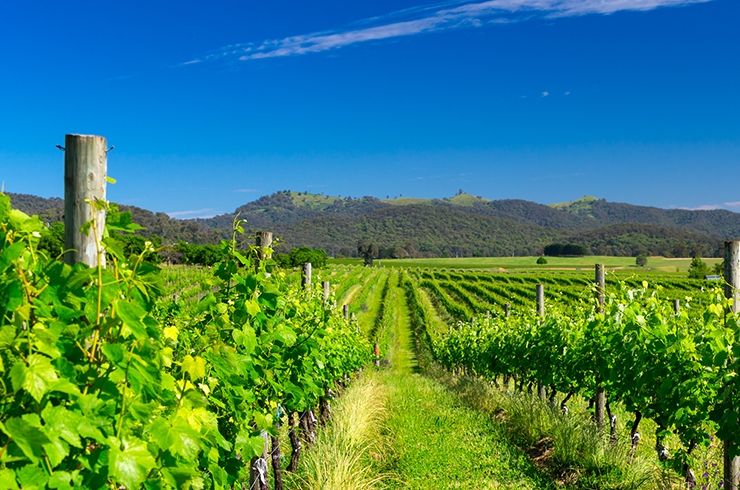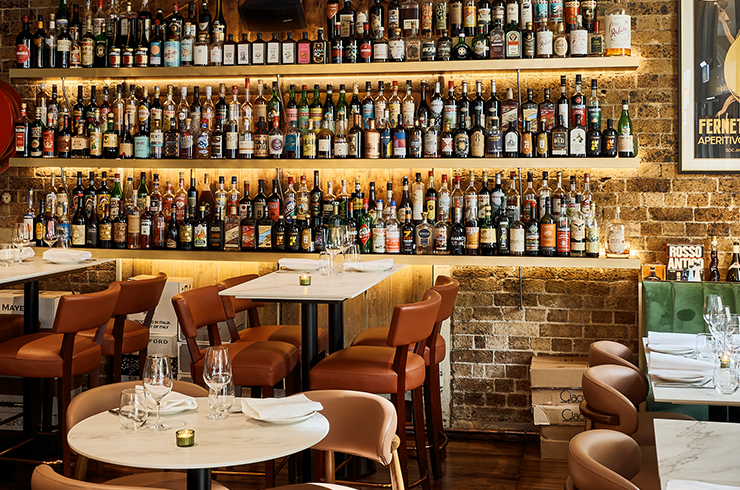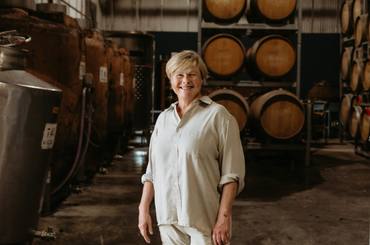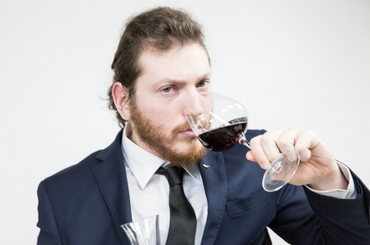Nine applications, nine long years and several hours of pondering and writing.
That's how long it took me to receive that famous two-minute-long phone call from Iain Riggs, former chair and current Trustees’ Board member of the Len Evans Tutorial (LET), telling me I’d finally been accepted into the 2024 program.
What is the Len Evans Tutorial?
The Len Evans Tutorial is the brainchild of Len Evans, OAM, OBE, one of the most important figures of the Australian wine industry of any time. Until he retired in 2000, he’d been Chair of Judges at the Sydney Royal Wine Show, the oldest and most prestigious of Australian wine shows, for over 20 consecutive years. He thought it was time to freshen up the scenery, if not the whole Australian wine industry, and to share the benchmark wines with the next generation.
“When Len retired from wine show judging, he hit on the idea of a wine school that was not just about technical judging. He really wanted to focus on style judging and, to do this, some of the great wines of the world had to be found and poured,” explains Iain, who took over the Tutorial when Len passed away in 2006.
The LET runs over five days in November and only 12 scholars, carefully selected from the 160–180 applications received each year, can attend. At the end of the week, the best scholar is named Dux of the Tutorial and receives an all-expenses-paid trip to Europe to visit some of the world’s most iconic vineyards.
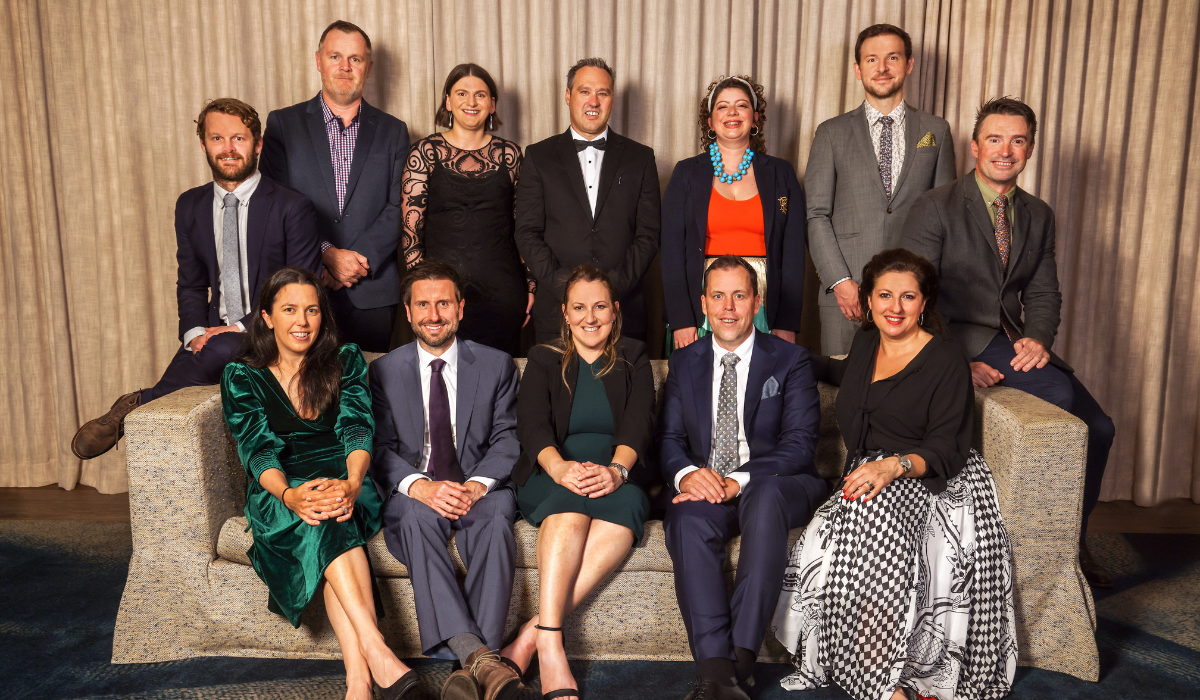
How do you get accepted into the Len Evans Tutorial?
Getting into what is said to be "the greatest wine school on earth" is far from easy. But while it’s virtually impossible to get selected right away (I’ve heard of only one candidate who managed it first go), the application process is pretty simple: only a form where few general, and some more specific questions need to be answered, such as, “What do you hope to gain from the Tutorial and what kind of contribution you would give back to the industry”, as well as queries on the type of growth that you are envisaging for your wine judging career.
While initially you didn’t need to be an experienced show judge to be selected, Sally Evans, daughter of Len Evans and chair of the Board, says that the application process is less murky since this rule has been set. “People without strong judging experience are simply going to founder.” She stresses that the Board is very mindful about selecting a balanced group of professionals from different areas of the industry and from different regions. “Sometimes, unfortunately, it means that good people don’t get in straight away as there is somebody very similar slightly ahead of them.”
When I first applied in 2015, I had barely begun my journey in the wine show circuit. I was also on a temporary working visa; hence my mindset was more focused on the short-term. But over the past nine years, my path in the Australian wine industry has dramatically changed, as has my willingness to climb the wine show judging ladder. My love for the local wine industry has also grown stronger and my intentions have become purer. While initially all I wanted from the LET was to try the unicorn wines and learn from the best in the field, my desire to be useful to others, and play my part to push our industry to the next level, has since taken over.
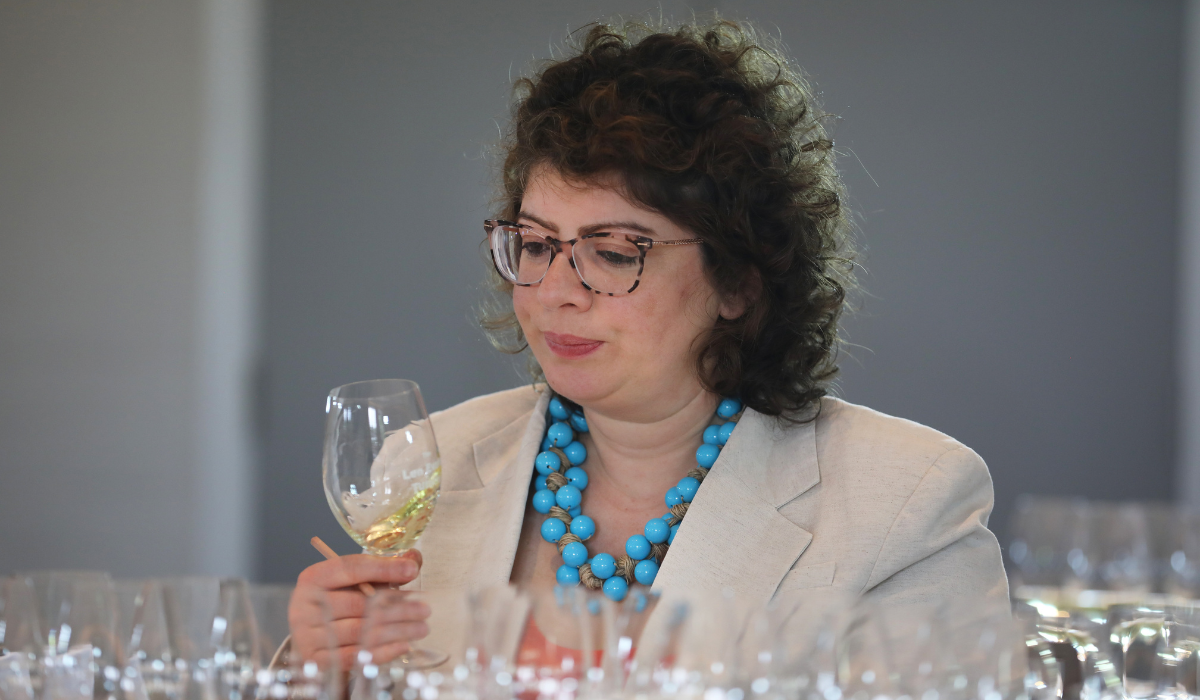
What happens at the Len Evans Tutorial?
Every morning you are put through a blind judging of 30 excellent wines, from the same main grape variety and different provenance. While you have two hours to judge, when you are in front of gold-medal winning and iconic wines, it literally feels like choosing your favourite child. Each scholar is then called to give their scores along with their reasons behind their chosen medal. But there is a catch: your score must be extremely close to, if not the same as, that from the tutors’ panel.
The afternoons are reserved for two masterclasses, the theme of which varies every year. These are truly unique opportunities to uncover rare gems and listen to the tutors’ expert wisdom. During the Wynns masterclass, led by Sarah Pidgeon and Ben Harris – Wynns’ winemaker and viticulturalist respectively – I was awed by the wines’ ability to age and how they’re able to impeccably translate the intricacies of Coonawarra’s many terroirs.
The Domaine de la Romanée-Conti (DRC) masterclass, masterfully moderated by Tom Carson of Yabby Lake on the Mornington Peninsula, is without a doubt the most anticipated, and is saved for the last day. In this once-in-a-lifetime opportunity, wines from all seven vineyards of the most iconic winery in the world are served blind, and your mission is to pick the vineyard and the vintage. Spitting is not allowed; how could you anyway, when the price of these wines reaches the stratosphere?! Although this was one of my favourite moments, it was also one of the most frustrating. It is impossible to pigeonhole all the wines of DRC if you haven’t drunk enough of them, and merely an illusion to capture their true essence in two hours, as they constantly change in the glass.
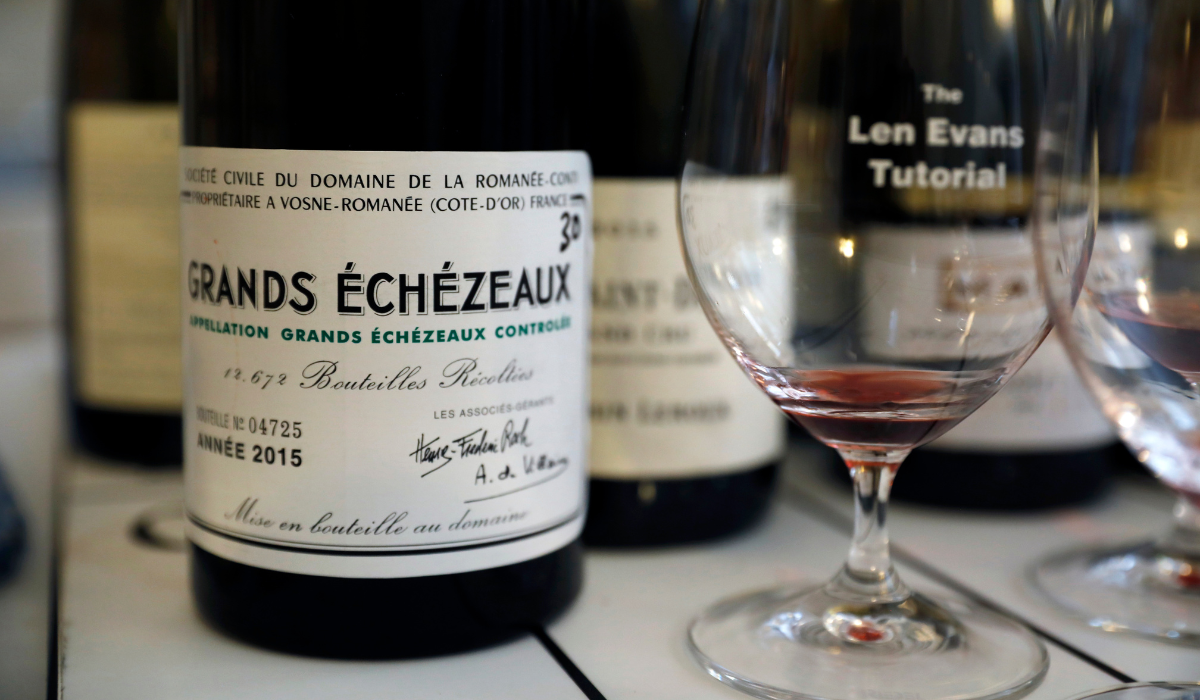
What I learned at the Len Evans Tutorial
The Tutorial has drawn equal amounts of attention and criticism over the years. I have heard complaints from industry people on the lack of female representation and that the LET is an exclusive club for only a few selected disciples. But while I found that the Tutorial is indeed exclusive, a “legacy project” as Sally Evans put it, the 'new guard' of tutors is nothing like the one from Len’s time (and they take pride in letting you know that they are far less rigid). There was also strong female representation in 2024, including Lauren Hansen, winemaker at Coonawarra’s Penley Estate, who was awarded Dux.
I also found that the 'options games' played at each dinner – where you are served wines blind and given options to guess their provenance, grape variety, vintage, vineyard and producer – were not the ‘hunger games’ I was led to believe. It is all about healthy competition, fun and invaluable learnings.
Aside from the great wines tasted and the great wisdom of all our tutors, what I’ll treasure the most about what was the best wine week of my life is the endless banter, the team t-shirts (our group motto was ‘From Rags to Richebourg’) and the ongoing chats with my fellow scholars on WhatsApp.
Expand your knowledge with Halliday Wine Academy
Halliday Wine Academy offers an in-depth view of the Australian and international wine landscapes. Select Introduction to Wine to learn about Australian wine and regions or choose from one of our Wines of the World courses to get to know international wines.Wines of the World: Europe explores the iconic wines, regions and laws of France, Spain, Portugal, Hungary, Germany and Austria, while Wines of the World: Europe and Beyond delves deeper into Italy, Greece, the Americas, South Africa and New Zealand.
